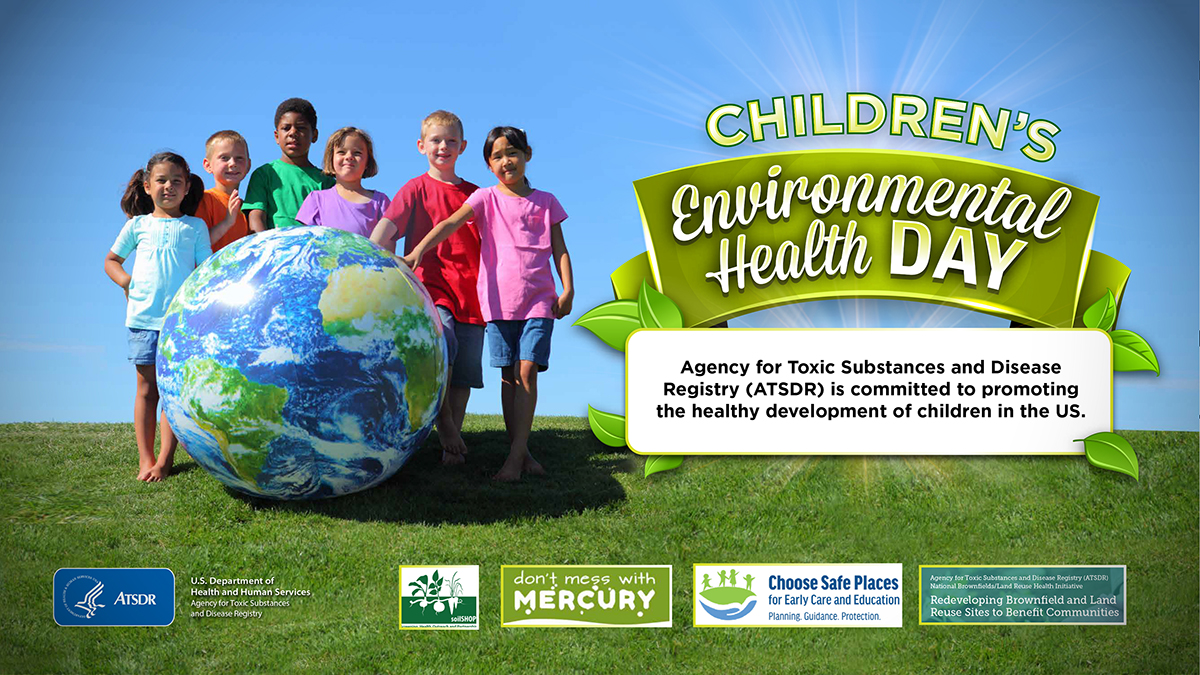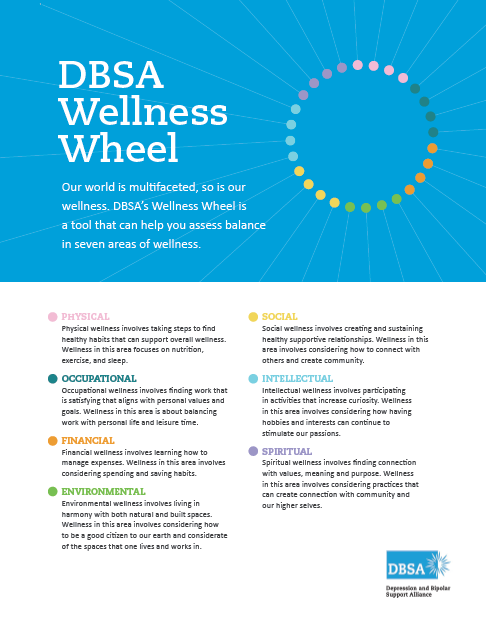
Sustainable Futures: Environmental Health Education
Environmental health education plays a pivotal role in creating a sustainable future. By fostering awareness, promoting responsible practices, and advocating for change, individuals can contribute to a healthier planet. Explore the significance of environmental health education and its impact on building sustainable communities.
Understanding Environmental Health Education
Environmental health education goes beyond conventional academic knowledge. It involves raising awareness about the interdependence of human health and the environment. Individuals educated in environmental health understand how environmental factors influence well-being and how personal actions contribute to broader ecological impacts.
Promoting Responsible Practices
A fundamental aspect of environmental health education is promoting responsible practices. This includes adopting sustainable lifestyles, reducing waste, conserving energy, and making eco-conscious choices. Educating individuals about the environmental impact of their daily decisions empowers them to make choices that minimize harm to the planet.
Addressing Environmental Challenges
Environmental health education equips individuals with the knowledge to address pressing environmental challenges. From climate change to pollution, understanding the root causes and potential solutions empowers communities to take collective action. Education fosters a sense of responsibility and encourages individuals to become advocates for positive environmental change.
Advocating for Sustainable Policies
An educated populace is more likely to advocate for sustainable policies at local, national, and global levels. Environmental health education enables individuals to engage in informed discussions, participate in community initiatives, and support policies that prioritize ecological sustainability. By advocating for change, communities can influence policies that protect both human health and the environment.
Connecting Environmental and Human Health
Environmental health education emphasizes the intrinsic connection between the environment and human health. It explores how air and water quality, biodiversity, and exposure to pollutants impact well-being. By understanding these connections, individuals can make informed decisions that promote both personal health and environmental conservation.
Engaging Communities in Conservation Efforts
Building sustainable communities requires active participation. Environmental health education encourages community engagement in conservation efforts. This may involve tree planting initiatives, waste reduction projects, or local clean-up campaigns. These collective actions contribute to a healthier environment and foster a sense of community responsibility.
Utilizing Technology for Environmental Awareness
In the digital age, technology serves as a powerful tool for environmental awareness. Online platforms, social media, and educational apps facilitate the dissemination of information. Environmental health education can leverage technology to reach wider audiences, inspiring individuals globally to adopt sustainable practices.
Educating the Next Generation
Instilling environmental awareness in the younger generation is key to building a sustainable future. Incorporating environmental health education into school curricula cultivates a sense of environmental stewardship from an early age. Students equipped with this knowledge are more likely to carry eco-conscious practices into adulthood.
Resources for Environmental Health Education
For comprehensive resources on environmental health education, visit Studentals.net. Explore articles, educational materials, and community initiatives dedicated to promoting environmental awareness and sustainable living. Education is the cornerstone of positive change, and by staying informed, individuals can contribute to building a more sustainable and resilient world.
In conclusion, environmental health education is a catalyst for sustainable futures. By understanding the connections between human health and the environment, promoting responsible practices, and advocating for change, individuals can actively participate in creating a healthier planet. Embrace environmental education as a powerful tool for positive global impact.

